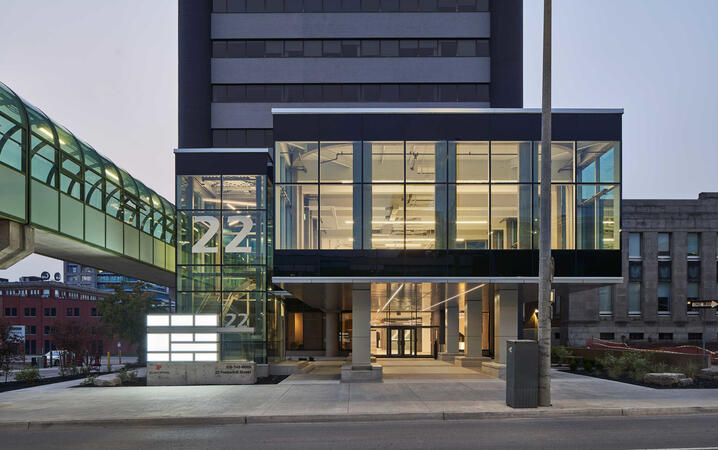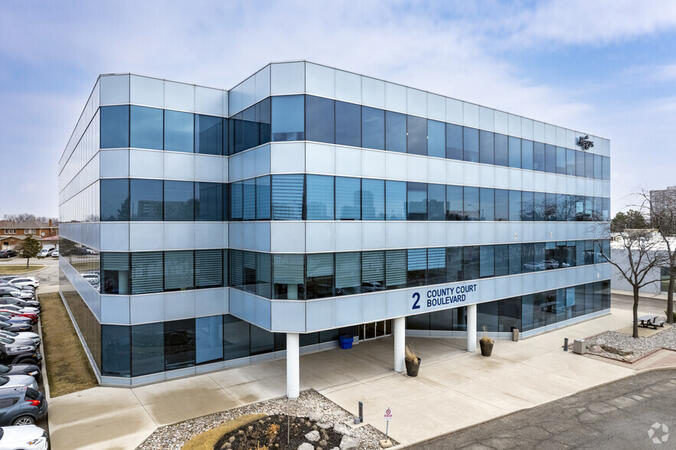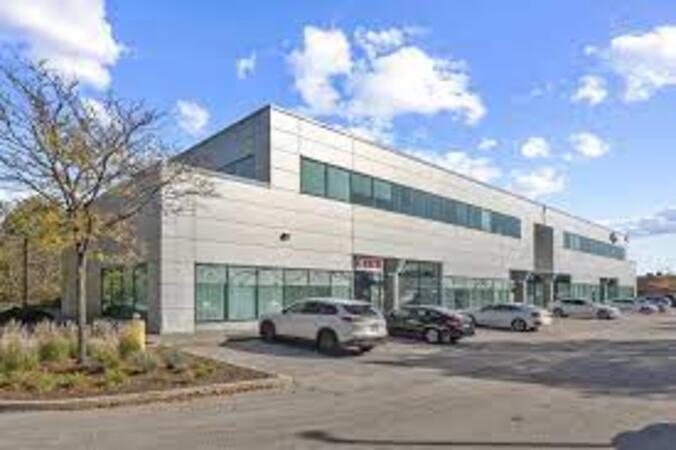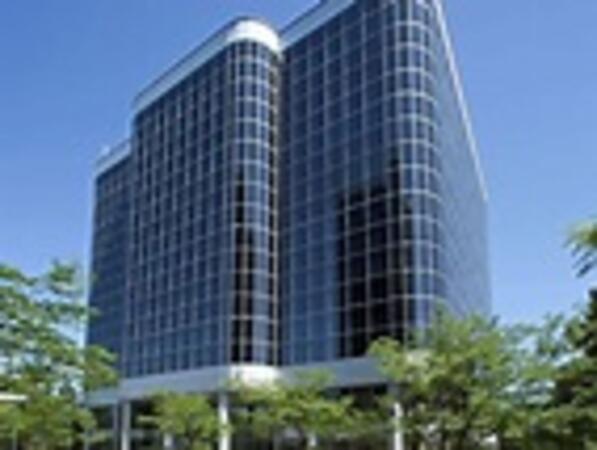380 Wellington Street, London, Canada, N6A 5B5
London - London City Centre
West Toronto - Etobicoke
10 Four Seasons Place, Toronto, Canada, M9B 6H7
Scarborough – 10 Milner Business Court
10 Milner Business Court, Scarborough, Canada, M1B 3C6
Oakville - Winston Park
2010 Winston Park Drive, Oakville, Canada, L6H 5R7
Barrie - 49 High Street
49 High Street, Barrie, Canada, L4N 5J4
Waterloo - 180 Northfield Drive West
180 Northfield Drive West, Waterloo, Canada, N2L 0C7
Kitchener - 22 Frederick Street
22 Frederick Street, Kitchener, canada, N2H 6M6
Brampton - 2 County Court
2 County Court Boulevard, Brampton, Canada, L6W 3W8
Richmond Hill - The Business Exchange
9225 Leslie Street, Richmond Hill, Canada, L4B 3H6
Ottawa - Albert & Metcalfe
116 Albert Street, Ottawa, Canada, K1P 5G3
Barrie-49 High Street
3rd floor, Dunlop Street West, Barrie, Canada, L4N 1A8
Toronto - Toronto Street
36 Toronto Street, Toronto, Canada, M5C 2C5
Ottawa - 343 Preston
343 Preston Street, Ottawa, Canada, K1S 1N4
Mississauga - Airways
5925 Airport Road, Mississauga, Canada, L4V 1W1
Subcategories (3)
Explore Our Courses
Semiconductor Physics
21 HoursROS for Mobile Robots using Python
21 HoursSemiconductor Fundamentals
35 HoursAerial Robotics
21 HoursDrone Programming with ArduPilot
14 HoursAmazon Web Services (AWS) RoboMaker
21 HoursBuilding A Robot from the Ground Up
28 HoursDrone Fundamentals
7 HoursDrones for Agriculture
21 HoursMachine Learning for Robotics
21 HoursRobotics in business - AI/Robotics
14 HoursROS: Programming for Robotics
21 HoursROS-Industrial
14 HoursLast Updated:
Testimonials (2)
I feel I get the core skills I need to understand how the ROS fits together, and how to structure projects in it.
Dan Goldsmith - Coventry University
Course - ROS: Programming for Robotics
Robotics sounds very complex etc, and Richard help us see this in a more friendly way and the possibilities the tool has.


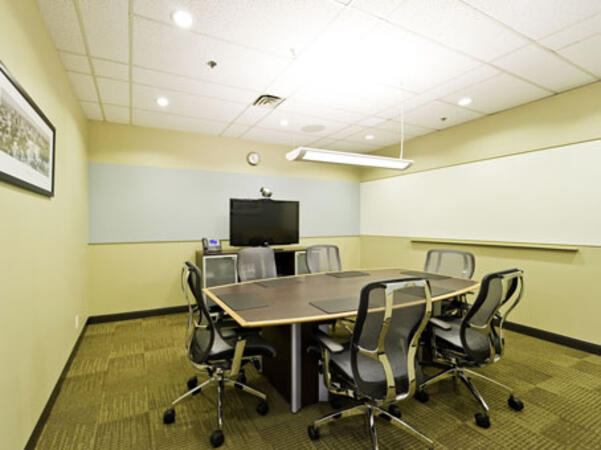

_3.jpg)




